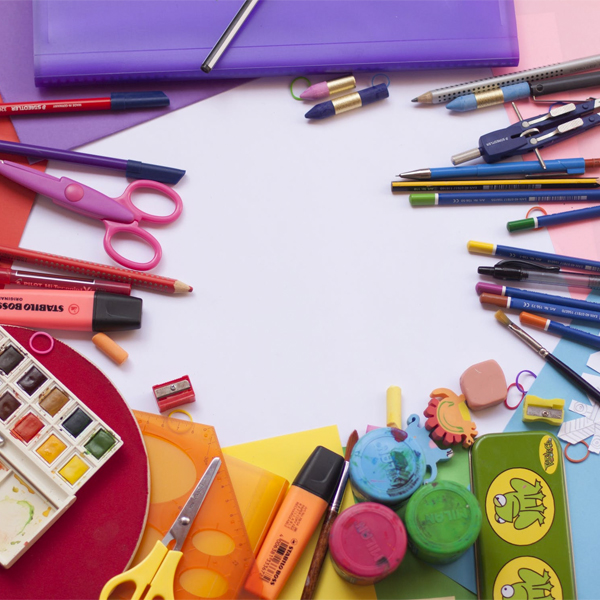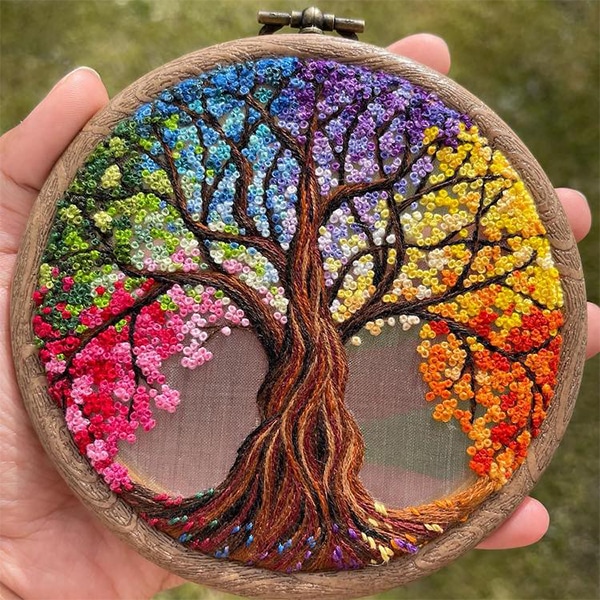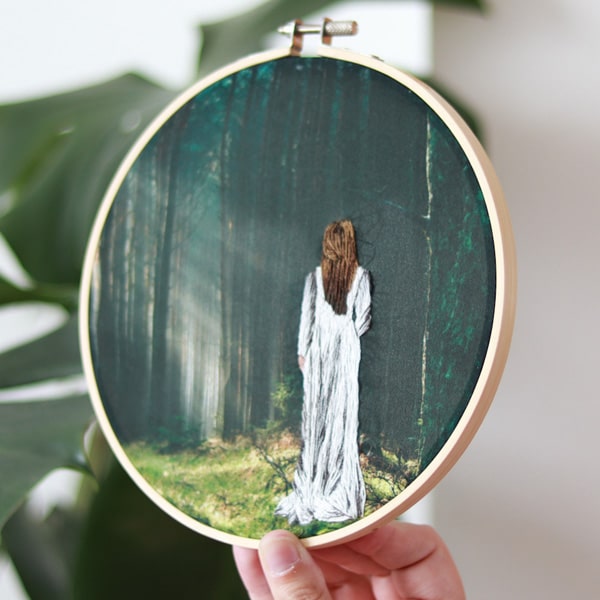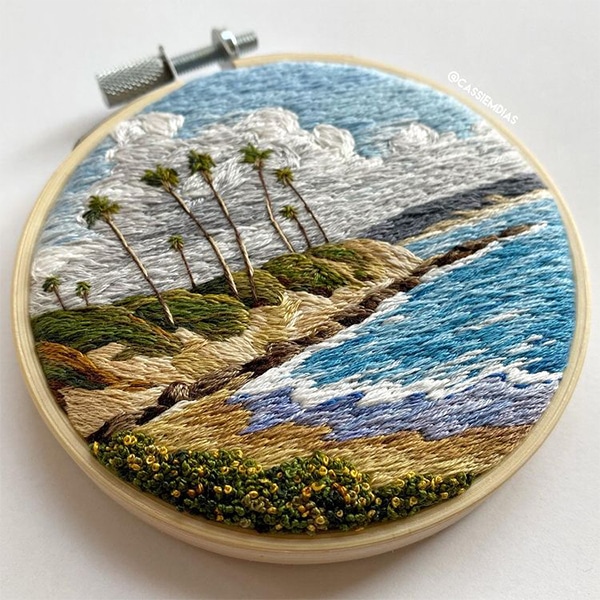
This post may contain affiliate links. If you make a purchase, My Modern Met may earn an affiliate commission. Please read our disclosure for more info.
As technology has advanced over the past several years, online classes have exploded. In fact, we bring you dozens of the best creative classes each month over a wide variety of platforms where you can expand your learning. But have you ever considered teaching?
Teaching your own online class (or classes) can be a great way to share your knowledge and create a new side hustle that could even turn into something full-time with the right amount of effort. And if you think there may not be a lot of money in the industry, think again. Forbes estimates that the e-learning market will grow 5% over the next 6 years, exceeding $240 billion.
The nice thing is that these days there are plenty of platforms where you can get started with teaching. While some, like Lynda or CreativeLive, put out calls for teachers, others—like Skillshare—allow you to get started immediately, for free. And with tools like Instagram Live, Facebook Live, and Google Hangouts, you can even transform your following into a training ground and gauge interest in courses.
Let’s take a look at what you should consider before getting started, what platforms are available, and how to set yourself up for success.
Is teaching online classes right for me?
Whether you're into embroidery art or photo manipulation, hand lettering or watercolor illustrations, chances are your creative skill could make the perfect online class. But how do you know if teaching is right for you? Here are some things to consider.
Do you enjoy sharing your knowledge?
Are you a good communicator?
Are you able to pull apart your creative process step by step?
Do you like answering questions about your work?
Do you like working with technology?
Do you have time to properly plan and engage with your students?
If you’ve answered yes to the majority of those questions, it’s time to think about what you’ll teach and how it will be structured.
If you want to learn more about why people teach online, check out this interesting video from one of Skillshare’s top instructors.
Getting started with online teaching
Enthusiasm is fantastic, but what are the practical things you should consider when getting started with teaching online? If you’ve never had any formal teaching experience, it will be vital to get organized. Here are some things to consider when brainstorming for your classes and pulling together your lessons.
When thinking about what to teach, select your subject carefully. Too wide a theme can make it difficult to go in-depth into any one area and too niche a theme can alienate your student base. Spend some time doing a bit of keyword research and find out what people are looking for. Answer The Public allows you to type in any keyword and see questions people are asking, as well as the search volume.
Another great way to discover what people are looking for—or what is missing in the online teaching world—is to search some of the top platforms. What subjects seems to be the most popular? How can you differentiate yourself enough to attract students without competing against an oversaturated field? If you have a strong following, you may also want to survey your fans using Facebook, Instagram, or a newsletter. Remember, these people may be some of your first students, so understanding why they love your art and what they’d like to learn from you is key.
The next step is thinking about your course structure. It can take weeks to pull together a successful, well thought out lesson plan. This initial time investment is well worth it, as a clear plan will give you confidence and ensure your students have the proper expectations and get the most out of the course. And as you’ll be running the class on an ongoing basis, you’ll gain this time back in the long run.













































































